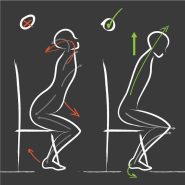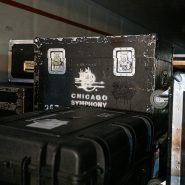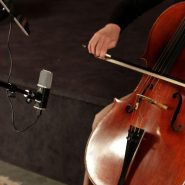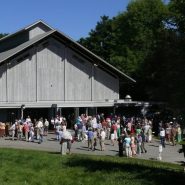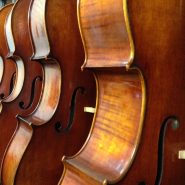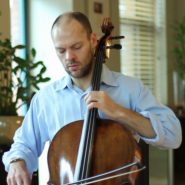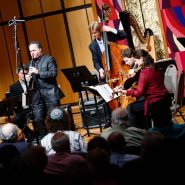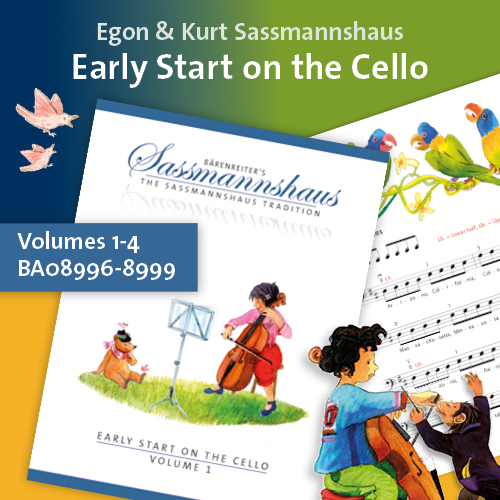Tag: cellobello
By Selma Gokcen November 3, 2011
Subjects Playing Healthy

By Blogmaster November 2, 2011
Subjects News
Tags Boston, cello, cellobello, Elgar, Masterclass, NEC, New England Conservatory, Pierce Hall
By Selma Gokcen October 22, 2011
Subjects Playing Healthy

By Blogmaster October 16, 2011
By Brant Taylor October 16, 2011
By Yeesun Kim October 7, 2011
Subjects Chamber Music, Repertoire
Tags ability, articulations, cello, cellobello, challenges, character, composers, confidence, creativity, dynamics, familiar, Kim, music, rehearsals, Rhythm, soundscapes, structure, unique, virtuosity, Yeesun
By Martha Baldwin September 29, 2011
Subjects Playing Healthy

By Blogmaster September 25, 2011
By Aron Zelkowicz September 23, 2011
Subjects Repertoire
By Bonnie Hampton September 20, 2011
Subjects Chamber Music
By Brant Taylor September 15, 2011
Subjects Practicing
By Lev Mamuya September 6, 2011
Subjects Pre-College
By Aron Zelkowicz August 12, 2011
Subjects Chamber Music
By Brant Taylor July 19, 2011
Subjects Practicing
Tags aspirations, Awareness, bow speed, Brant, cello, cellobello, character, concentration, concepts, contact point, creativity, details, effortless, exploration, finesse, fundamentals, harmony, ideas, Janos, legato, lessons, Listening, musical, Philosophy, release, skills, small details, solutions, Starker, Taylor, tension, vibrato, weight
By Aron Zelkowicz July 16, 2011
Subjects Artistic Vision
